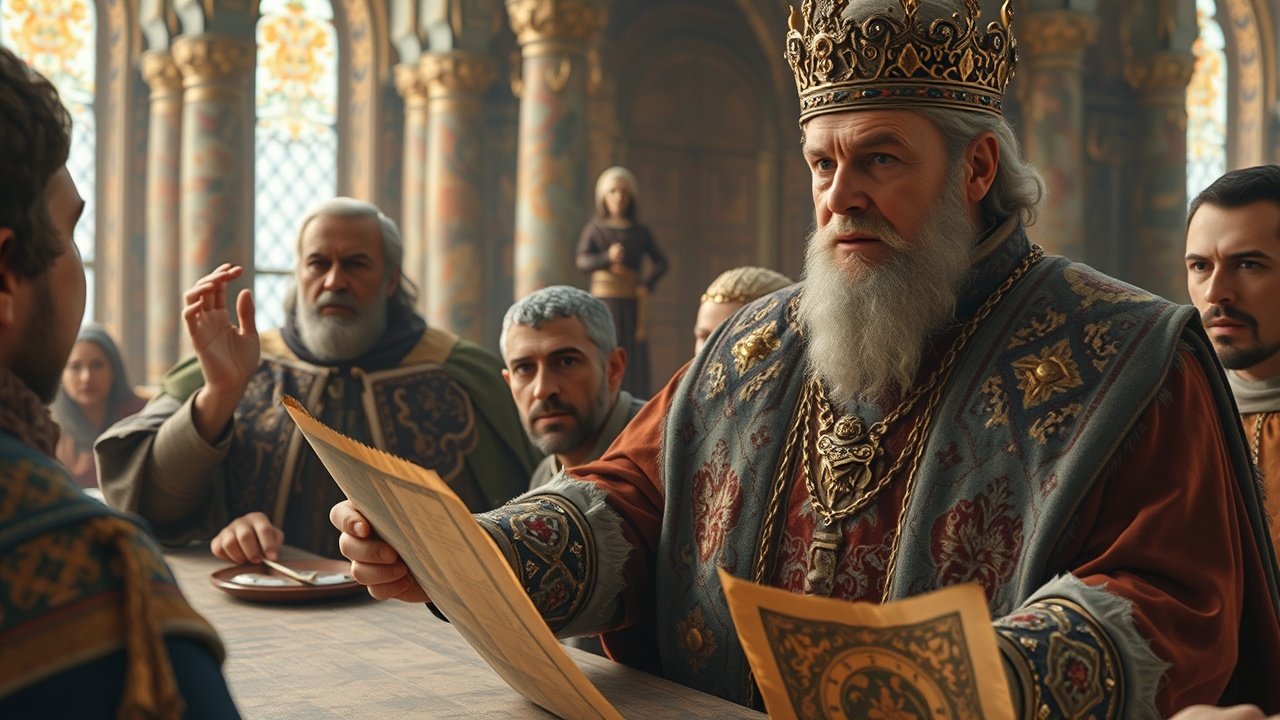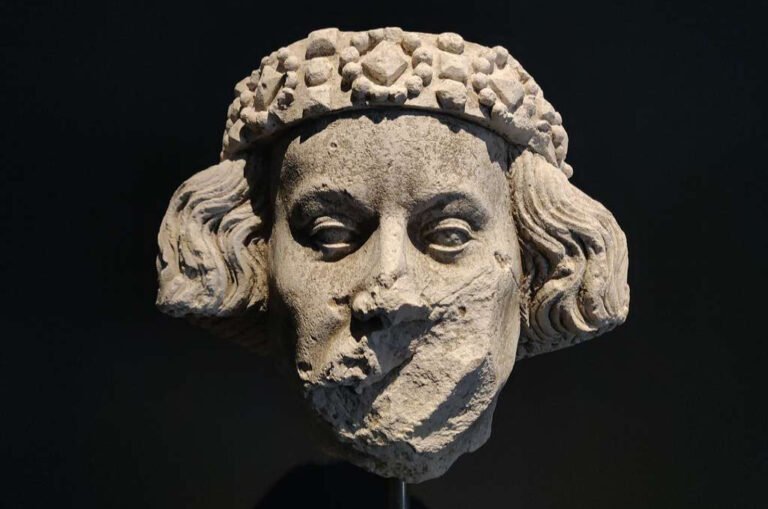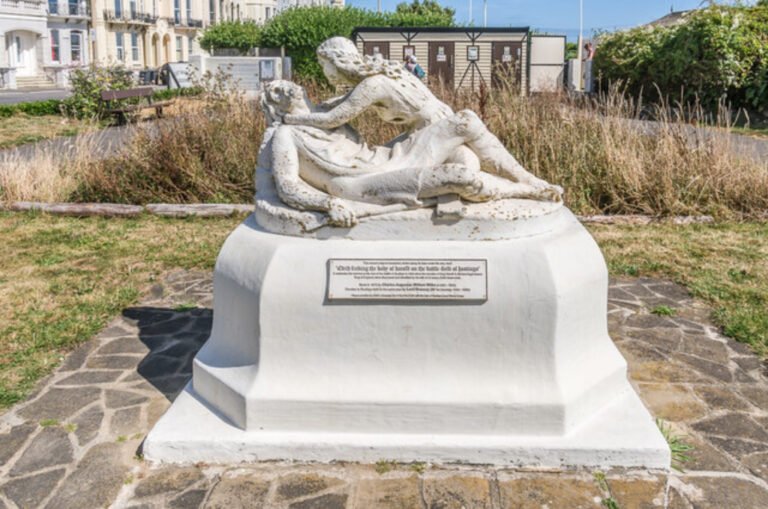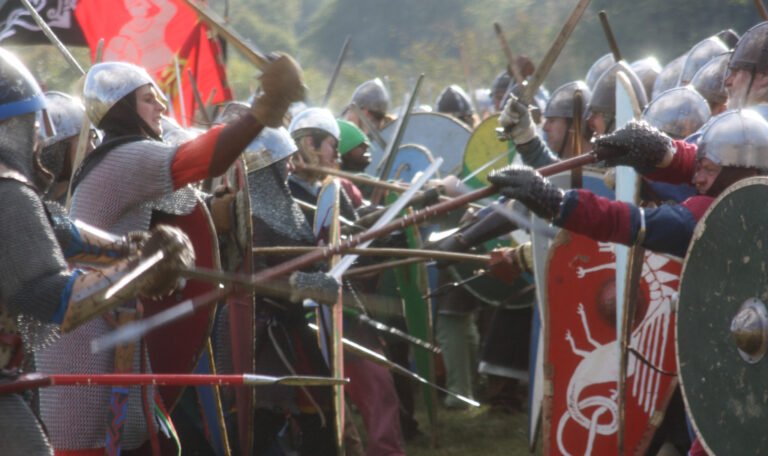The Witenagemot was an essential part of the administration framework in Anglo-Saxon Britain, serving as the council that advised the king on different things of state. It played a vital part in forming the political landscape during this period, impacting key decisions related to laws, progression, and national security. Whereas lesser known compared to the modern British Parliament, the Witenagemot is frequently considered one of the earliest forms of collective governance in Britain, a precursor to the democratic structures that exist today.
Historical Context
The origins of the Witenagemot date back to the early Anglo-Saxon period, around the 7th century, although its exact formation is difficult to pinpoint. Anglo-Saxon Britain was partitioned into different kingdoms, each administered by its king, but the council served as a constant all through these kingdoms. The council was significant in directing the administration of kingship and ensuring that the ruler remained responsible for the collective wisdom of the nobles and clergy. Over time, it became a well-established institution that embodied the cooperative ruling tradition of the Anglo-Saxons.
Meaning of the Term “Witenagemot”
The term “Witenagemot” comes from Old English and is a compound of two words: “witan,” meaning “wise men,” and “gemot,” which implies “assembly” or “meeting.” In this way, the Witenagemot was literally the “meeting of wise men.” This title accurately reflected the council’s primary purpose: gathering the kingdom’s most prominent leaders to deliberate on critical things. Its members were not just figureheads but were anticipated to bring intelligence and experience to the table.
Composition of the Witenagemot
The Witenagemot was not an irregular assembly of people but a select group of high-ranking people. It typically included nobles, bishops, and sometimes abbots or other vital clerical figures. These were people who wielded significant control inside the kingdom, both politically and religiously. The king presided over the council, but the individuals of the council had a strong voice in the discussions, especially when it came to advising the ruler or addressing issues of administration. The involvement of such influential figures ensured that the decisions made by the council carried considerable weight.
Functions and Responsibilities of the Witenagemot
The Witenagemot had a wide range of obligations. Its essential role was advising the king, particularly on matters of national significance such as legislation, tax assessment, and foreign policy. But it also had the authority to choose and even dethrone kings. This control was critical during times of progression crises or when a ruler proved incapable or oppressive. The council could step in to choose a new ruler or replace an incapable one.
The council moreover played a judicial role, settling disputes between nobles and ensuring that the kingdom’s laws were being maintained. It acted as a kind of high court, especially for cases including major violations or contradictions among the elite.
The Role of the King in the Witenagemot
Though the Witenagemot had significant authority, its relationship with the king was one of collaboration. The monarch often sought the council’s advice on sensitive matters, such as whether to engage in warfare or how to deal with foreign rulers. However, the king was not bound to follow the council’s decisions, which made the dynamic complex. A strong king could wield considerable influence over the Witenagemot, but a weaker ruler might find himself beholden to the advice—or even control—of the council.
Witenagemot vs. Modern Parliament
One of the most captivating viewpoints of the Witenagemot is how it compares to the modern British Parliament. Like Parliament, the council was an advisory body that helped shape the laws and policies of the land. However, unlike Parliament, it was not a lasting, elected gathering. Its individuals were handpicked from the nobility and clergy, and it was convened only when necessary. Whereas the Witenagemot had a say in the selection of kings, it did not have the same legislative control that Parliament holds today. However, its emphasis on collective administration set the stage for the parliamentary systems that would follow.
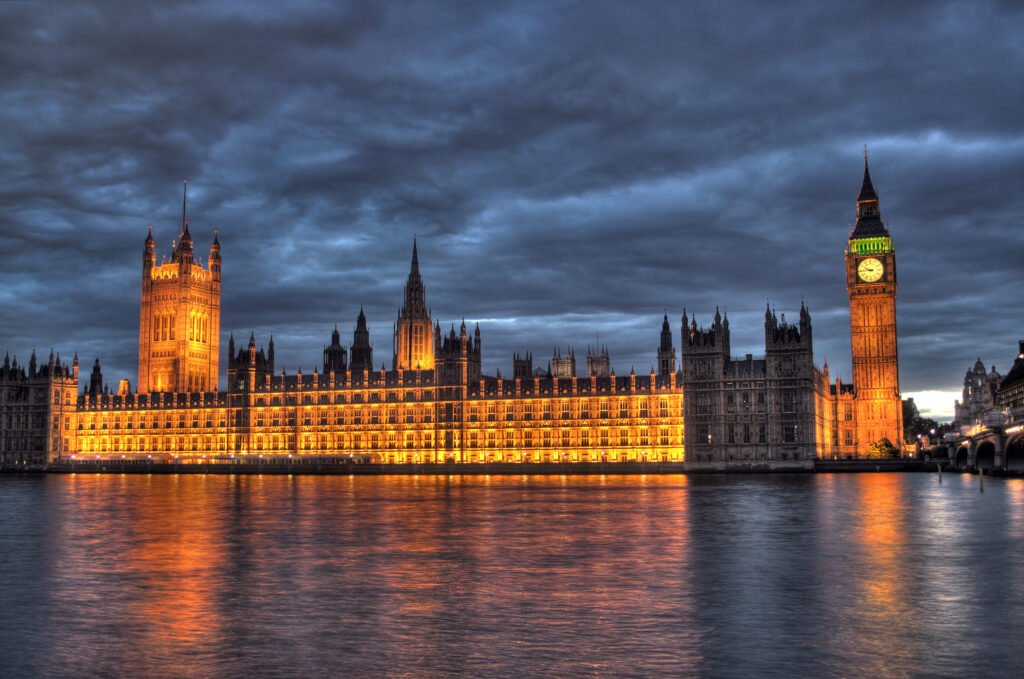
Influence on Law and Order
The Witenagemot was crucial in shaping early English legal traditions. Although it didn’t create laws in the way modern legislatures do, it helped formalize and enforce legal customs. Its role in settling disputes between powerful nobles ensured that law and order were maintained across the kingdom. The decisions made by the council often had far-reaching effects, becoming part of the growing body of Anglo-Saxon law that influenced future generations.
Election of Kings and Succession Issues
Perhaps the Witenagemot’s most dramatic work was in the election of kings. Unlike in modern hereditary monarchies, Anglo-Saxon lords were not always the direct descendants of their forerunners. The Witenagemot had the control to select the new ruler from a pool of qualified candidates, typically members of the royal family or noble class. This framework helped ensure that the chosen ruler was somebody deemed capable by the kingdom’s most powerful people. During periods of progression crises, the Witenagemot’s part became even more critical, helping to resolve disputes and avoid civil war.
Role in Major Decisions: War, Peace, and Treaties
In times of conflict, the Witenagemot’s guidance was invaluable. The council would advise the king on whether to pursue war or make peace. They also had a hand in negotiating treaties with other kingdoms. This influence over military and diplomatic affairs made the Witenagemot a central institution in safeguarding the realm’s interests.
Notable Meetings of the Witenagemot
Several famous meetings of the Witenagemot are recorded in Anglo-Saxon history. For instance, the council’s decision to back Alfred the Great during his struggle against Viking invasions was a turning point in English history. Other notable gatherings were during times of succession crises, such as the council’s role in affirming Edward the Confessor as king.
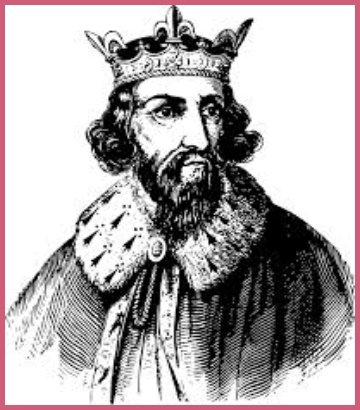
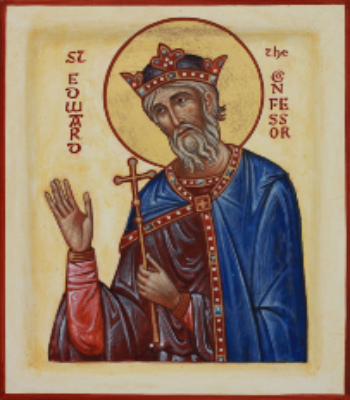
Decline of the Witenagemot
The Witenagemot’s impact started to disappear after the Norman Conquest in 1066. William the Conqueror presented new systems of administration, and the old Anglo-Saxon institutions, including the Witenagemot, were steadily replaced. The Normans brought with them feudalism and a diverse political structure, which eventually led to the formation of Parliament as we know it today.
Legacy of the Witenagemot in Modern Governance
Despite its decline, the legacy of the Witenagemot can still be seen in modern governance. Its emphasis on consultation and collective decision-making laid the groundwork for parliamentary systems, and many of the ideas that emerged from its meetings influenced the development of constitutional monarchy in England.
The Witenagemot and Public Perception
The general population likely viewed the Witenagemot with a mix of reverence and distance. While the common people didn’t directly participate in its meetings, they understood its importance in maintaining law and order. The council’s decisions had a direct impact on their lives, especially when it came to taxation or warfare.
Conclusion
The Witenagemot stands as an exceptional example of early administration in Anglo-Saxon Britain. Whereas it may not have been a democratic institution by modern standards, it played a critical role in forming the political, lawful, and military decisions of the time. Its legacy continues to impact modern British governance, and its emphasis on collaboration and wise counsel remains a key principle in parliamentary systems today.

